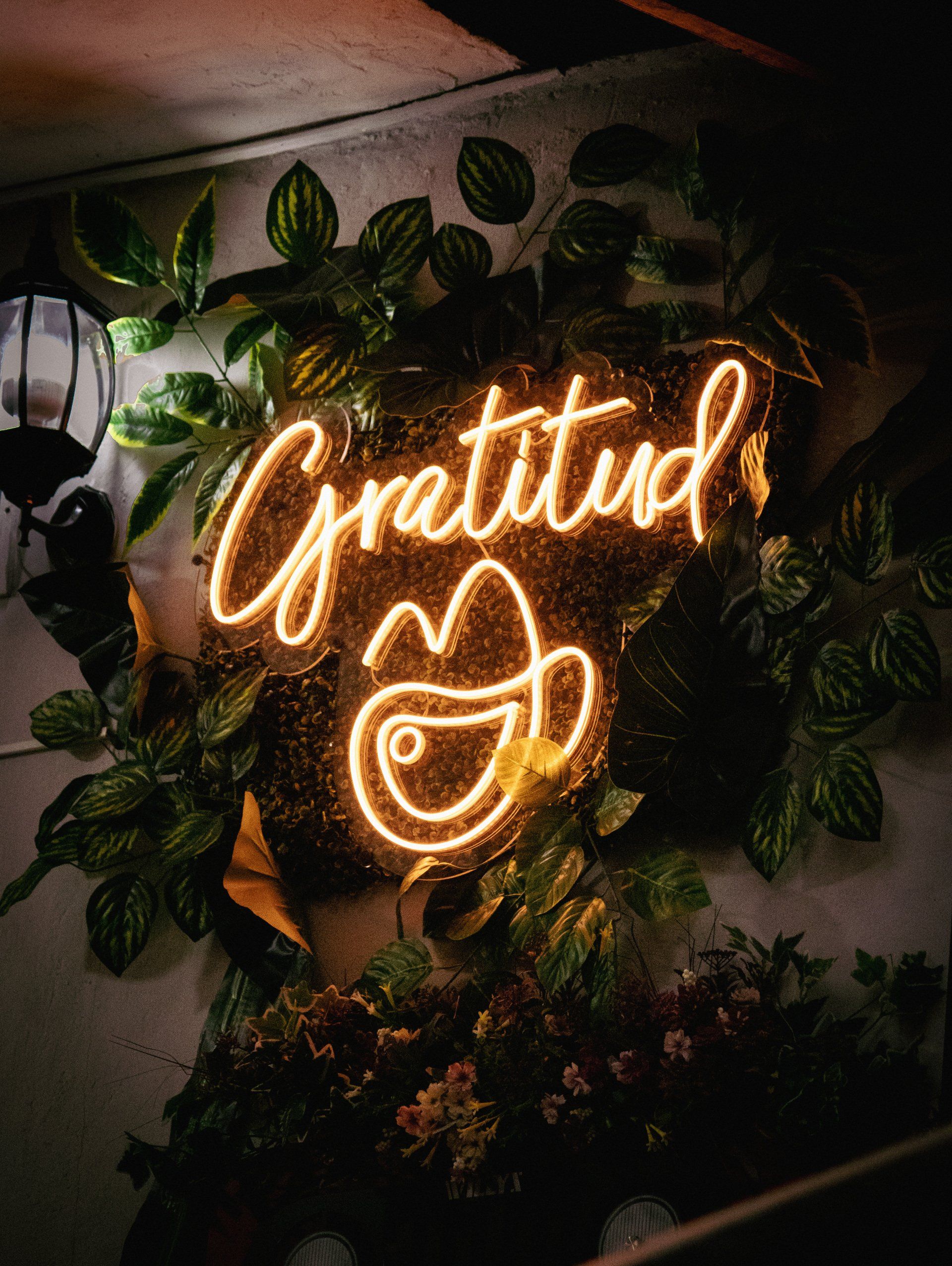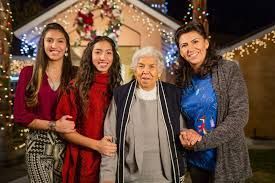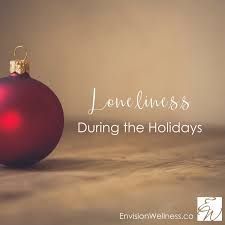Being Thankful after a Devastation
Following the wrath of Hurricane Ian, you may feel you have nothing to be thankful for this Thanksgiving, but there is always a silver lining you just have to see it, and believe me, it's there!
It's inevitable that loss of life, home, belongings, jobs, businesses and community will affect everyone, whether they were impacted personally or not. You, or someone you know, may have lost your house, or parts of it, you may have lost your belongings and your furniture, or your car. But you have your life, you have your cherished memories and you have your friends and family.
So, how do you cope after a major hurricane? If you know what signs to look for, you can get help sooner thus deterring larger health problems down the road. Post-traumatic stress disorder is a very serious condition that can arise from any kind of natural disaster. If you notice any of the signs below, PLEASE seek help immediately!!
Signs can vary from person to person and some people never show any signs of PTSD at all, but the most common signs are outlined below.
Emotional signs can include being anxious, fearful and sad, or angry. Feeling guilty is another big emotional sign, especially after a disaster, such as hurricane Ian was. This is referred to as survivor’s guilt. You may feel as though you should have lost your home when you came out unscathed and your neighbor lost everything.
These are all normal feelings and it’s like a grieving process. Take the time to let your feelings run their course and then carry on. Do not dwell on your gain/loss; pick yourself up, brush yourself off and get back to business. That is the only way to push through those emotional signs and not let them take over your mental capabilities. PLEASE do NOT try to drink them away or take drugs to numb them!! These solutions are only temporary and will only worsen the situation.
Reach out to others for support!!
Physical signs which can include gastric and stomach problems, headaches, eating or drinking too much, sweats or chills, shaking and muscle twitches. This is the category I fall into. When I was younger, they called it a nervous stomach. I was always sick with a stomach ache and headache, not knowing it would lead to migraines and severe gastro issues later in life.
I am still thankful though because it could be so much worse. This is what I mean about looking for the silver lining. My issues could leave me debilitated, not able to work or play golf, but they don’t. These same issues have others on disability and they are unable to do anything. So, does it suck to have these issues? Yes. Could my situation be worse? Yes. Do I wish things were different? Yes. Can I change the way things are? No. Does it do me any good to stress over the way things are? No. Am I grateful I can still have an active life? YES!!!
Look for that lining!! It’s there!!!
There are also behavioral and cognitive signs of PTSD which can result in severe health problems. Some of those include, trouble falling or staying asleep, using too much alcohol, tobacco, drugs, isolation, thinking clearly, concentration, confusion, trouble making difficult decisions and remembering things.
Most of these symptoms will dissipate over time. However, if they don’t subside seek medical advice.
Here are some tips to help you cope:
Here at Assisted Living Made Simple, we are very support group oriented!! Find a support group to help you for your unique situation. There are so many online groups out there; a simple Google search will turn up hundreds of possibilities for you to find the perfect fit.
● Keep in touch with family and friends for support too.
● Make sure you acknowledge when you are having a stressful moment and deal with it constructively, don’t let emotions get pent up inside you.
● Share your experiences with others and send support messages. These will not only help others in your situation, but will make you feel better as well.
● Exercise to help release the endorphins into your body. These are natural mood enhancers and are great for your brain health too!
● Listen to music and take deep breaths and feel the stress flowing out of your body with every exhale.
● Eat healthy and drink lots of water.
Hopefully some of the above will help you deal with the after affects of hurricane Ian so you are able to find a way to be thankful this November. We are always here for you and are just a phone call away.
"Things" can be replaced, YOU cannot! I know the struggle is real, but you can rebuild because you are resilient and it is what we do as human beings! Ask yourself; is this the worst thing that has ever happened to me? If so, count yourself lucky; if it's not, then you know you can get through this too.
And remember, the only way to get to the other side is through!
Assisted Living Made Simple is thankful YOU are still with us!!




